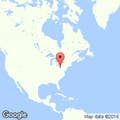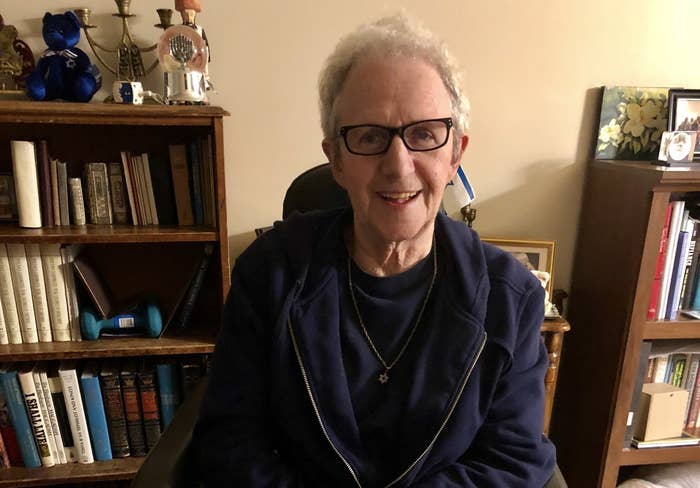
PITTSBURGH — When Shulamit Bastacky turned on the news Saturday morning, the déjà vu struck her "like somebody hit me with a brick."
The 77-year-old Holocaust survivor, who lives in Pittsburgh's Squirrel Hill neighborhood, said she had heard sirens but thought it was for one of her apartment complex's many senior residents.
"Then I was watching TV, and it said breaking news. And then I heard it happened here," she told BuzzFeed News.
When Bastacky found out 11 Jews had been shot and killed at the Tree of Life synagogue a mile from her apartment, she felt so ill she couldn't eat or drink anything until the next day.
"It impacted me immensely because I thought of my relatives who died in a horrific way," she said.
Saturday's shooting, carried out by a man who allegedly shouted about genocide as he opened fire, is believed to be the deadliest attack on Jews in US history.
The attack prompted the US Holocaust Memorial Museum in Washington, DC, to remind the public "of the dangers of unchecked hatred and anti-Semitism which must be confronted wherever they appear."
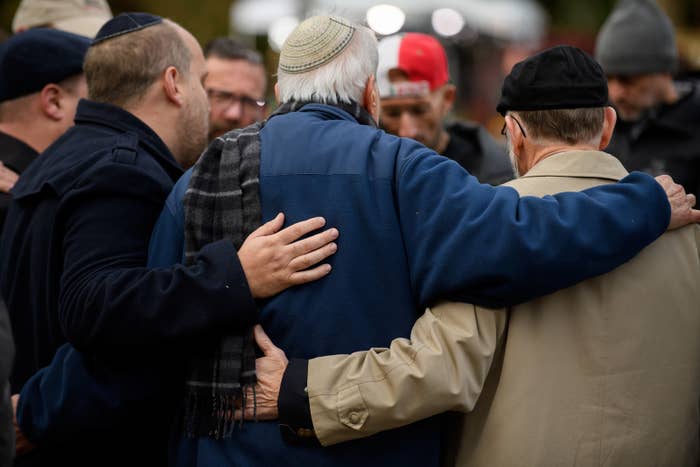
When the Nazis invaded her home in 1941 in what is now Lithuania, Bastacky was just a few months old. Her parents hid their infant daughter away in a church before they were sent to a labor camp.
"My life was saved by a Polish Roman-Catholic nun," said Bastacky. "I was taken to a basement cellar where I spent the first few years of my life locked up ... with very little food, not much air, darkness."
Bastacky is part of a Holocaust survivor community known as the "Hidden Children," who were hidden away from the Nazis in attics, barns, and cellars. Many were hidden in churches, either by physical concealment or by disguises as Catholic children, learning the prayers and customs of the church to blend in.
When the Soviets liberated the area from Nazi control, the nun — who did not know whether the then–3- or 4-year-old Bastacky's parents had survived — placed her by the banks of the river to be brought to an orphanage.
Bastacky's parents did survive the camps, and her father was able to find her at the orphanage only by recognizing her from a birthmark.
Her parents both lost relatives in the Holocaust, but never spoke much about their time in the camps.
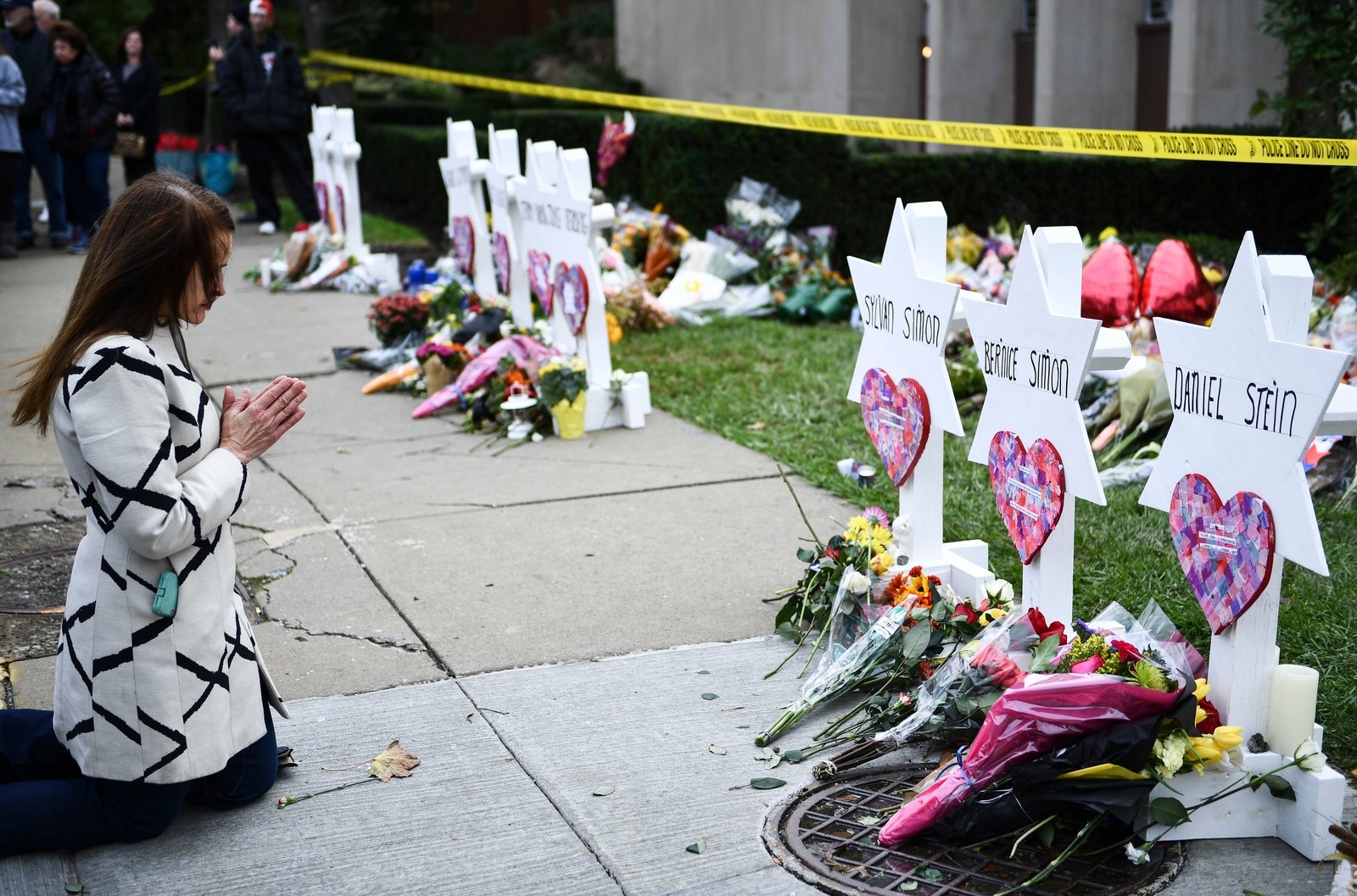
At age 22, Bastacky "discovered America," as she calls it. She moved to Squirrel Hill, where she has lived ever since. She learned English, got an education, and became a social worker. Today, she is retired and often speaks to student groups about surviving the Holocaust.
But now, for the very first time, Bastacky feels scared to be Jewish in America.
She questions whether her speaking engagements have strong enough security. She worries she could be attacked for the silver Star of David she wears around her neck.
Melvin Wax, who was killed in the shooting on Saturday, lived in Bastacky's building. She remembered him as "shy, very pleasant, gentlemanly." He was friends with her distant cousin's wife ("Jewish geography, right?"). Before the last elections, they tabled together in their lobby and helped register their neighbors to vote.
"Never did I imagine this could happen here — not until this Saturday," Bastacky said. "This is not supposed to be happening in the 21st century."
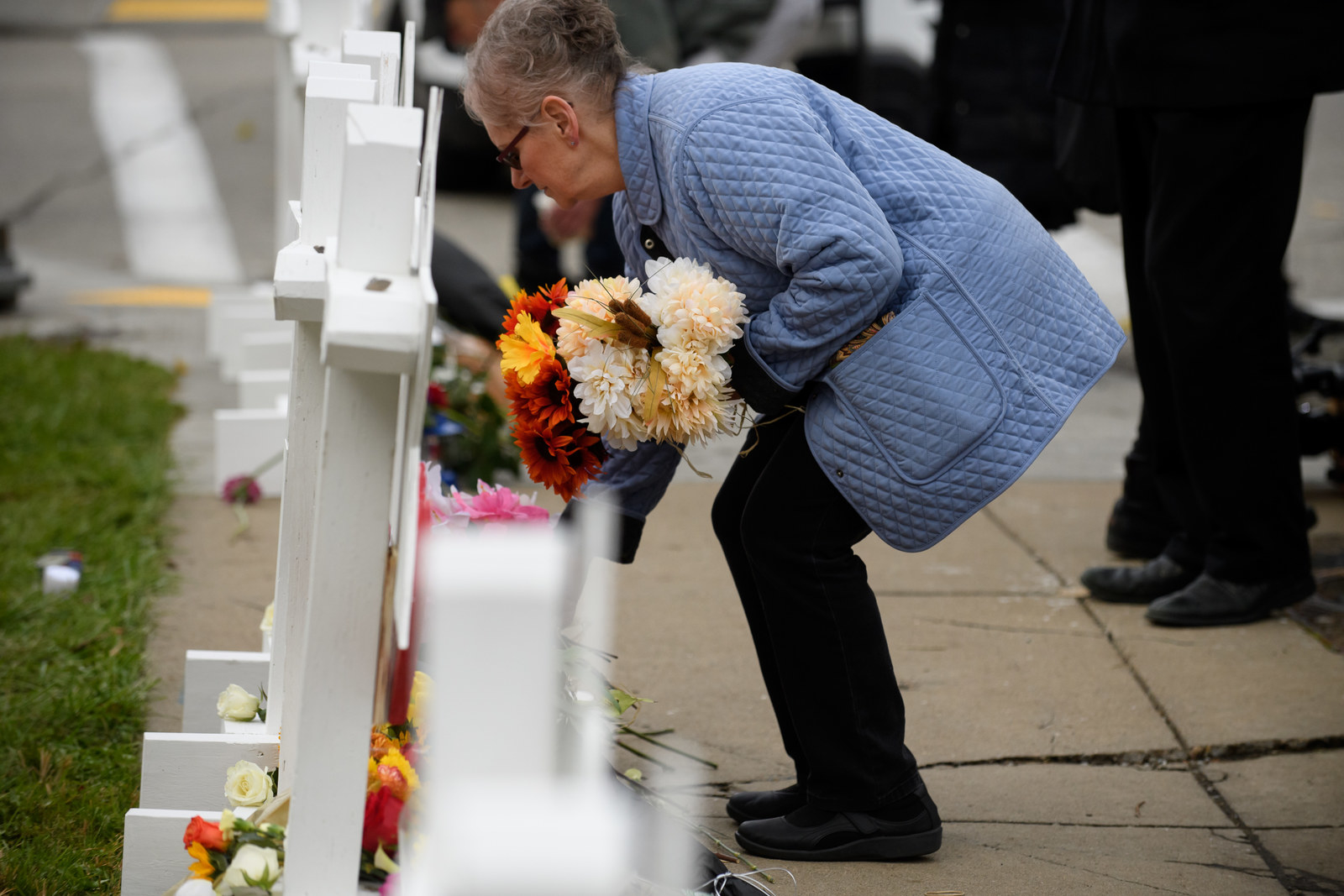
Lauren Bairnsfather, the director of the Holocaust Center of Pittsburgh and a born-and-raised Squirrel Hill resident, said Saturday's attack is an example of how anti-Semitism is ever-present.
"It’s been around for thousands of years," Bairnsfather said. "There is a misconception that anti-Semitism began and ended with the Holocaust. ... But we're seeing more of it now."
Ever since Saturday, the Holocaust center, which works with 53 survivors in the area, has had a police officer stationed outside.
Bairnsfather said her sense of safety has been shattered.
"I wonder, am I naive? Because I felt safe here, and those people felt safe too here, at the Tree of Life synagogue on Saturday," Bairnsfather told BuzzFeed News.
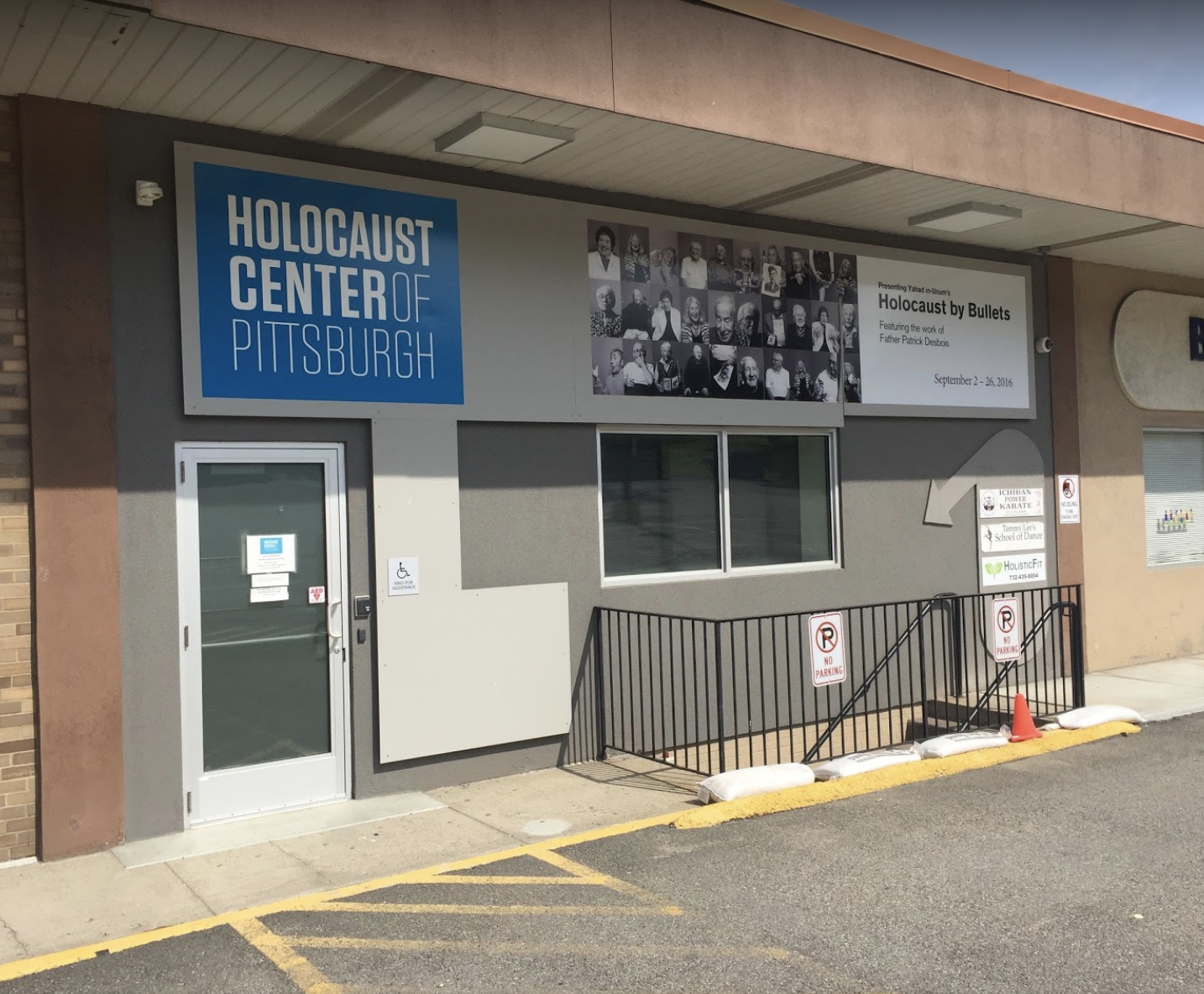
Now, the center is trying to move forward and educate the next generation about hatred and anti-Semitism.
"This a moment when we can really get through to people, because we’re not saying, 'Look at what happened 75 years ago,'" said Bairnsfather. "We’re saying, 'Look what happened two days ago in your city.'"
Bairnsfather ties Saturday's shooting, which she called a "lethal explosion of anti-Semitism," to an uptick in violent hatred of Jews.
"This was someone set out to kill as many Jews as he could, and he killed all people who were over 50, some with disabilities," she said. "Just like the Nazis, I thought. What a good Nazi."
"We say, ‘Never again,'" said Bairnsfather. "It’s happened again."

